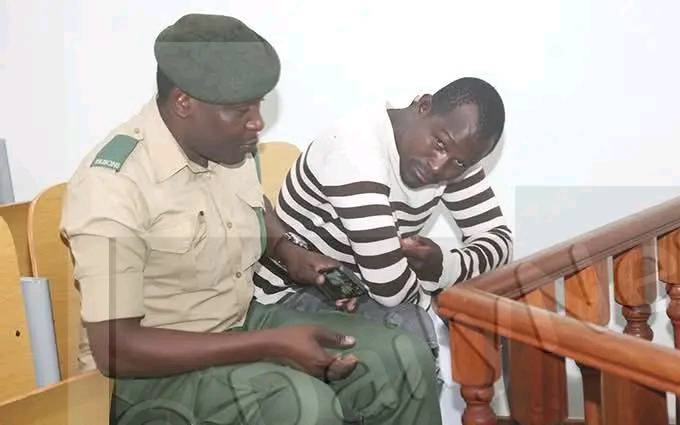Human trafficking global problem
05 Sep 2016
Deputy manager- human trafficking in person in the Ministry of Defence Justice and Security Mr Madoda Nasha has sensitised students on the dangers of human trafficking .
Addressing Materspei College students on Thursday, Mr Nasha stated that trafficking in persons is a serious crime and a grave violation of human rights.
He explained that every year, thousands of men, women and children fall into the hands of traffickers, in their own countries and abroad.
Mr Nasha stated that almost every country in the world is affected by trafficking, whether as a country of origin, transit or destination for victims.
He encouraged the youth to educate themselves about the ways traffickers operate, so as to protect themselves from becoming victims.
Mr Nasha said on the basis of the definition given in the Trafficking in Persons Protocol, it is evident that trafficking in persons has three constituent elements that are the act, the means, and the purpose.
“Transnational criminals are terrorists, criminals, drug dealers, traffickers in people and others who undo the good works of civil society.
They take advantage of the open borders, free markets and technological advances that bring so many benefits to the world’s people.
They thrive in countries with weak institutions, and they show no scruple about resorting to intimidation or violence. Their ruthlessness is the very antithesis of all we regard as civil.
They are powerful, representing entrenched interests and the clout of a global enterprise worth billions of dollars, but they are not invincible,’’ he said.
In addition he said that if enemies of progress and human rights seek to exploit openness and opportunities for globalisation, then they must rise to exploit those very same factors to defend human rights, defeat crime, corruption and trafficking in persons.
Furthermore he said government has made laws to punish those criminal offenders who play to be traffickers.
He noted that section nine provides for the offence and it stipulates a fine not exceeding P500 000 or to imprisonment or a term not exceeding 25 years, or to both.
Section 9 (2) provides for a fine not exceeding P1 000 000 or a term not exceeding 30 years or if offence under 1 is aggravated. Currently, 10 cases have been registered in Botswana.
For her part Home Economics teacher, Ms Lore Itekeng cautioned young girls not to fall in the hands of criminals because in cyber-crime it is very difficult to locate the area of the incident. ENDS
Source : BOPA
Author : Mpho Goitsemang
Location : FRANCISTOWN
Event : Materspei college addressed
Date : 05 Sep 2016





